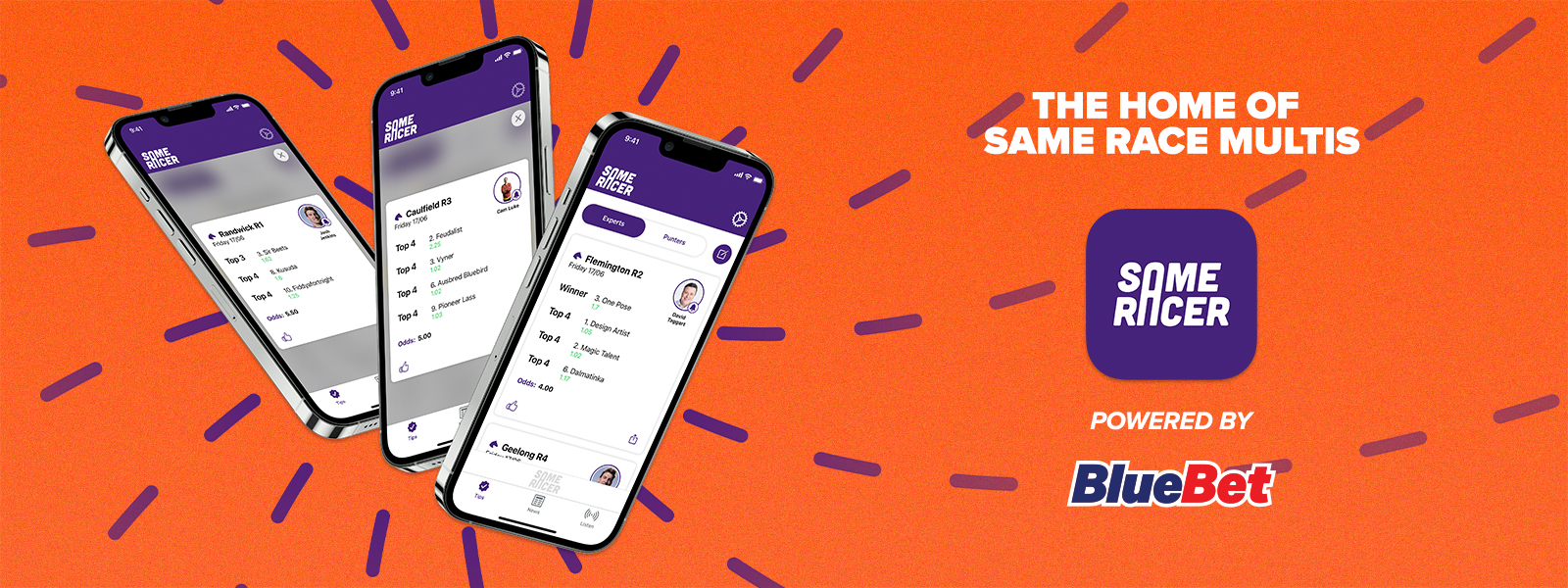Three Quarters of College Students Gamble, Study Finds
A recent study conducted by the National Council on Problem Gambling reveals that three out of four college students have engaged in gambling within the past year, whether legally or illegally. This statistic highlights the prevalence of gambling among young adults and raises concerns about the potential for increased gambling-related issues on college campuses.
The Growing Problem of Gambling Addiction Among College Students
While an estimated 2% to 3% of adults in the United States struggle with gambling addiction, the percentage is potentially higher among college students, reaching up to 6%. This is particularly alarming considering the unique susceptibility of adolescents to gambling problems. Factors such as exposure to video games with gambling elements and the stress and anxiety of college life contribute to this vulnerability.
The Rise of Legal Sports Betting
Legal sports betting has been expanding rapidly since a 2018 Supreme Court ruling allowed states to legalize it. Currently, sports betting is legal in some form in 38 states and Washington, D.C., with 26 states permitting online sports betting. This accessibility, coupled with technological advancements, has made sports betting more prevalent on college campuses.
According to reports, more than $268 billion has been legally wagered on sports betting between June 2018 and November 2023. This sector has experienced significant revenue growth, generating approximately $3.9 billion in tax revenue to date.
Furthermore, sports betting companies have started targeting college campuses, introducing online gambling to students and blurring the lines between academia and casinos.
The Impact on College Students
Advertising for sports betting has also increased, with an estimated annual spending of nearly $3 billion across various media channels. Social media platforms like TikTok have become popular avenues for gambling ads, exposing young adults to these promotions.
College students are particularly vulnerable to gambling addiction due to their propensity for impulsive and risky behaviors. The prevalence of alcohol consumption on campuses further increases the likelihood of engaging in other risk-taking activities, such as gambling. Additionally, gambling can stimulate the brain’s reward centers, making it difficult for individuals to stop even when facing financial losses.
Addressing the Issue
Colleges and universities play a crucial role in curbing problem gambling among students. They can implement clear policies on gambling, aligning them with existing alcohol policies. Promoting awareness of addiction as a mental health disorder and providing resources for support is essential. Campus counseling and health services should be equipped to handle gambling addiction and be aware of the challenges posed by multiple addictions.
Surveying student attitudes toward gambling can help track changes in behaviors and norms. By staying proactive and engaging with students about sports betting on campus, universities can prevent and address gambling addiction effectively.
Conclusion
As the popularity of legal sports betting continues to grow, it is crucial to recognize the potential risks it poses, especially among college students. By implementing comprehensive policies, raising awareness, and providing support services, colleges and universities can protect their students from the harmful effects of gambling addiction.
About the Author
Dr. [Author Name], an educational psychologist specializing in gambling in America, emphasizes the need for responsible gaming practices and effective guidance for policymakers and higher education leaders. As a faculty fellow at the Miami University Institute for Responsible Gaming, Lottery, and Sport, [Author Name] is dedicated to addressing the challenges posed by the expansion of legalized gambling.

George Barham, an accomplished journalist and avid gambling enthusiast, serves as the esteemed Editor-in-Chief at fly-to-australia.com, Australia’s leading source for comprehensive gambling news and insights. With an unwavering passion for both the written word and the ever-evolving world of betting and gaming, George brings a wealth of knowledge and expertise to the helm of our editorial team.




